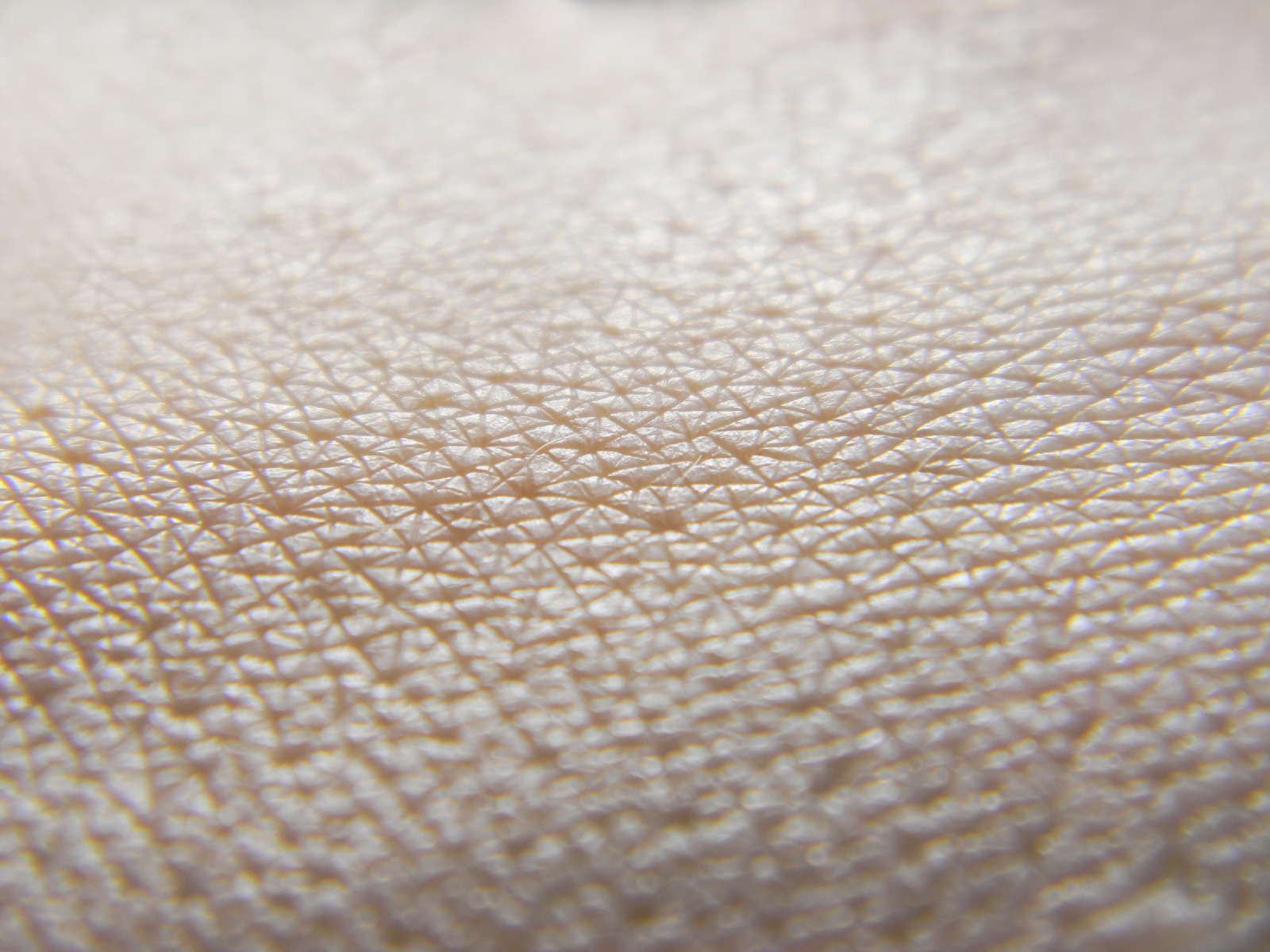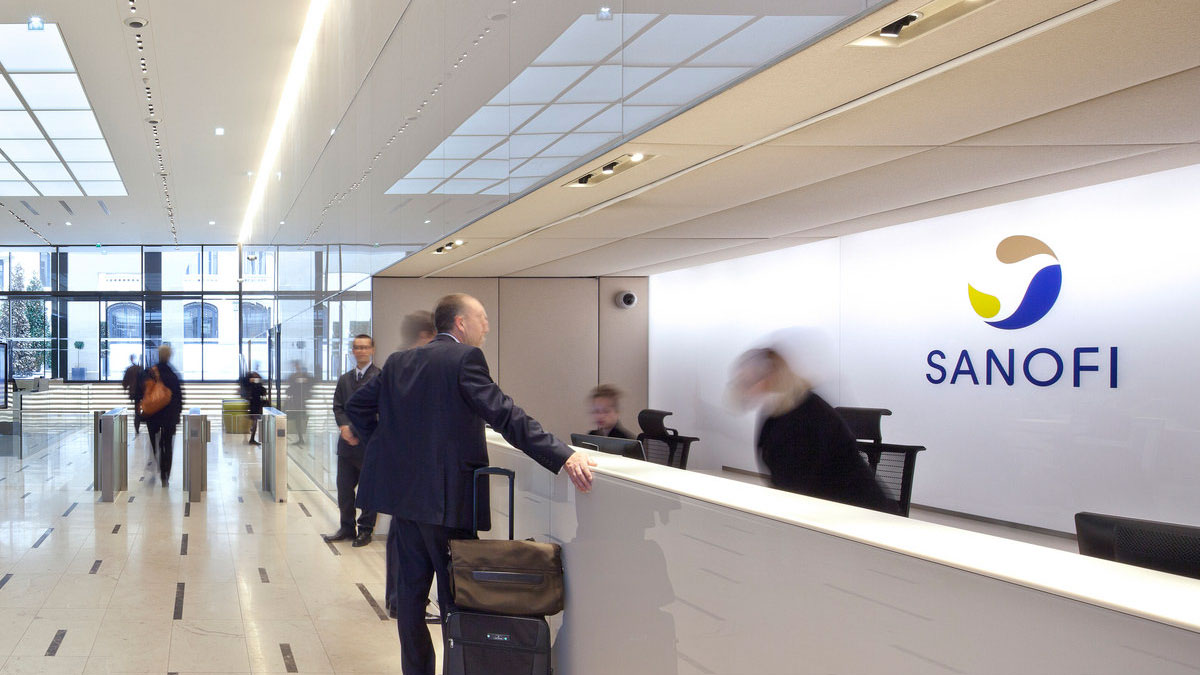Sanofi's eczema drug gets EU approval to treat adolescents

The European Commission (EC) has extended the marketing authorisation for Sanofi and Regeneron's eczema drug Dupixent (dupilumab) to include adolescents, while new phase 3 results for the drug suggest it can also be effective in younger children.
Dupixent can now be used to treat patients 12 to 17 years of age with moderate-to-severe atopic dermatitis who are candidates for systemic therapy. It is now the first biologic medicine approved in the EU to treat these patients.
“Moderate-to-severe atopic dermatitis can affect many aspects of an adolescent’s life, including their physical and emotional well-being,” said Christine Janus, CEO of the International Alliance of Dermatology Patient Organisations. “This disease places an immense burden not only on the young people living with it but also the family members who care for them.”
The approval is based on data from the phase 3 LIBERTY AD trial, which showed that 41.5% of patients aged 12-17 who received Dupixent every two weeks and 38% of patients who received it every four weeks achieved 75% or greater skin improvement according to the Eczema Area and Severity Index (EASI) compared to 8% treated with a placebo.
Nearly one in four patients who received weight-based dosing of Dupixent every two weeks (200 mg or 300 mg) and 18% of patients who received a fixed dose every four weeks (300 mg) achieved the primary endpoint of having clear or almost-clear skin, compared with 2% if treated with a placebo.
Along with the new approval, Sanofi and Regeneron also announced positive topline phase 3 results in a trial examining children aged six to eleven.
70% of patients who received Dupixent every four weeks and 67% of patients who received it every two weeks achieved 75% or greater skin improvement compared to 27% for placebo.
In addition, 33% of patients who received the drug every four weeks and 30% of patients who received it every two weeks achieved clear or almost clear skin, compared to 11% for placebo.
Sanofi and Regeneron plan to discuss the full results at a future medical meeting and then submit the data to regulators.
Dupixent, which is administered by injection, inhibits interleukin-4 and interleukin-13 (IL-4 and IL-13), which are major contributors to type 2 inflammation, a systemic, allergic response known to play a role in moderate-to-severe atopic dermatitis – the scientific name for eczema.
The drug is aimed at those for whom topical treatments either do not work well or who cannot use such treatments for medical reasons. It is the first biologic therapy for atopic dermatitis, and is breaking through the billion dollars a year barrier after amassing sales of 496 million euros ($551 million) in the second quarter.
With Dupixent looking like it is going to fulfil expectations commercially, dermatology rivals such as Almirall and LEO Pharma are looking to tap into this growing market for biologic eczema therapies.











